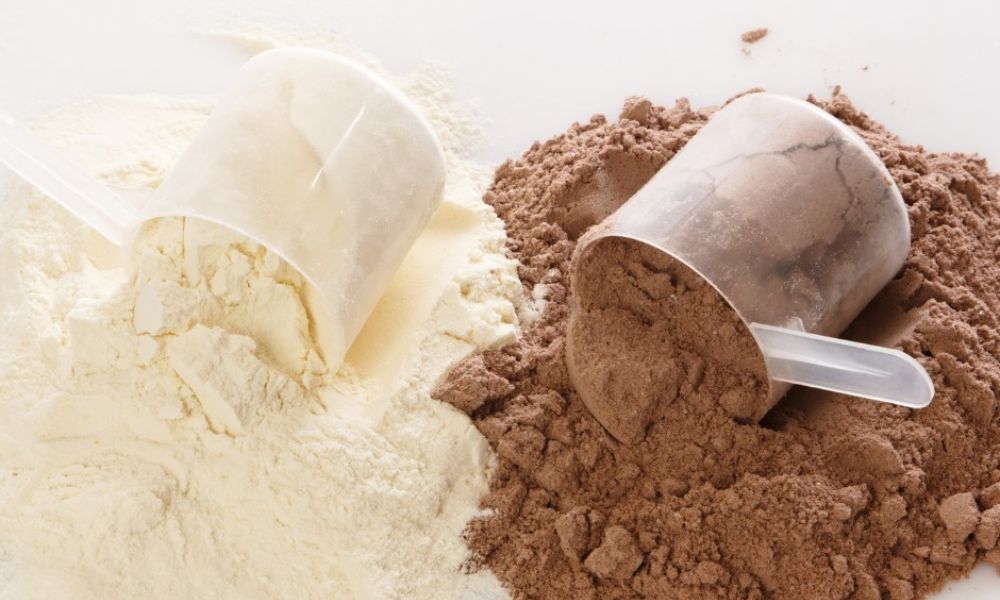To maintain good health, you need protein. You require it to add flesh to your bones and to produce things like hair, blood, connective tissue, enzymes, antibodies, and more. Athletes and bodybuilders frequently consume extra protein to bulk up using products such as dairy and vegan protein powders. The rest of us, however, frequently hear that we consume too much protein on a regular basis. How do you determine what is the right amount of protein for you?
How to Calculate How Much Protein You Need

You should get between 10% and 35% of your protein calories from food. Therefore, if you require 2,200 calories, 220-770 of those calories must come from protein. For a typical sedentary adult, the suggested dietary allowance is 0.8 grams per kilogram of body mass.
What does protein look like in examples of food? A burrito made from eggs and beans paired with a glass of milk is almost 30 grams of protein. Eating a banana, one hard-boiled egg, and some Greek yogurt will net you almost 20 grams of protein.
Age also affects just how much you require:
- Babies require roughly 10 grams each day.
- Children of school-age need 19–34 grams each day.
- The daily need for teen males is 52 grams.
- Young women require 46 grams per day.
- An average man needs 56 grams each day.
- Adult women require roughly 46 grams per day (71 grams, if pregnant or breastfeeding)
Sarcopenia, or the loss of muscle mass with age, starts to manifest itself around the ages of 40 to 50. Your daily protein requirements rise to roughly 1-1.2 grams per kilogram, in order to prevent this and retain independence and quality of life.
1.2–1.7 grams per kilogram are required for people who routinely lift weights or are preparing for a race on foot or by bicycle. A daily protein consumption of more than 2 grams per kilogram of body weight is considered excessive.
Things to Consider When Determining Your Protein Intake
There are a few crucial factors to take into account before you start increasing your daily protein intake. Do not interpret “get more protein” as “eat more meat”. While many plant-based foods like whole grains, beans, and other legumes, nuts, and vegetables, can also supply high-quality protein, so can beef, poultry, and pigs as well as milk, cheese, and eggs.
The “protein package”—the fats, carbs, vitamins, minerals, and other nutrients that typically accompany protein—must also be taken into account. Choose protein sources that are high in nutrients and low in saturated fat and processed carbs.
Dietary math dictates that if you raise protein, you must reduce other foods in order to maintain a constant daily calorie consumption.
Key Takeaways
When adding the appropriate quantity of protein to your diet, make sure that, like with everything else, you establish a balance. Protein can be added to your diet with your food choices or supplements through powders which you can get at protein shops. Regardless of how you add protein to your diet, consume protein in moderation for an overall healthy diet.
Originally posted 2022-10-12 07:25:00.








